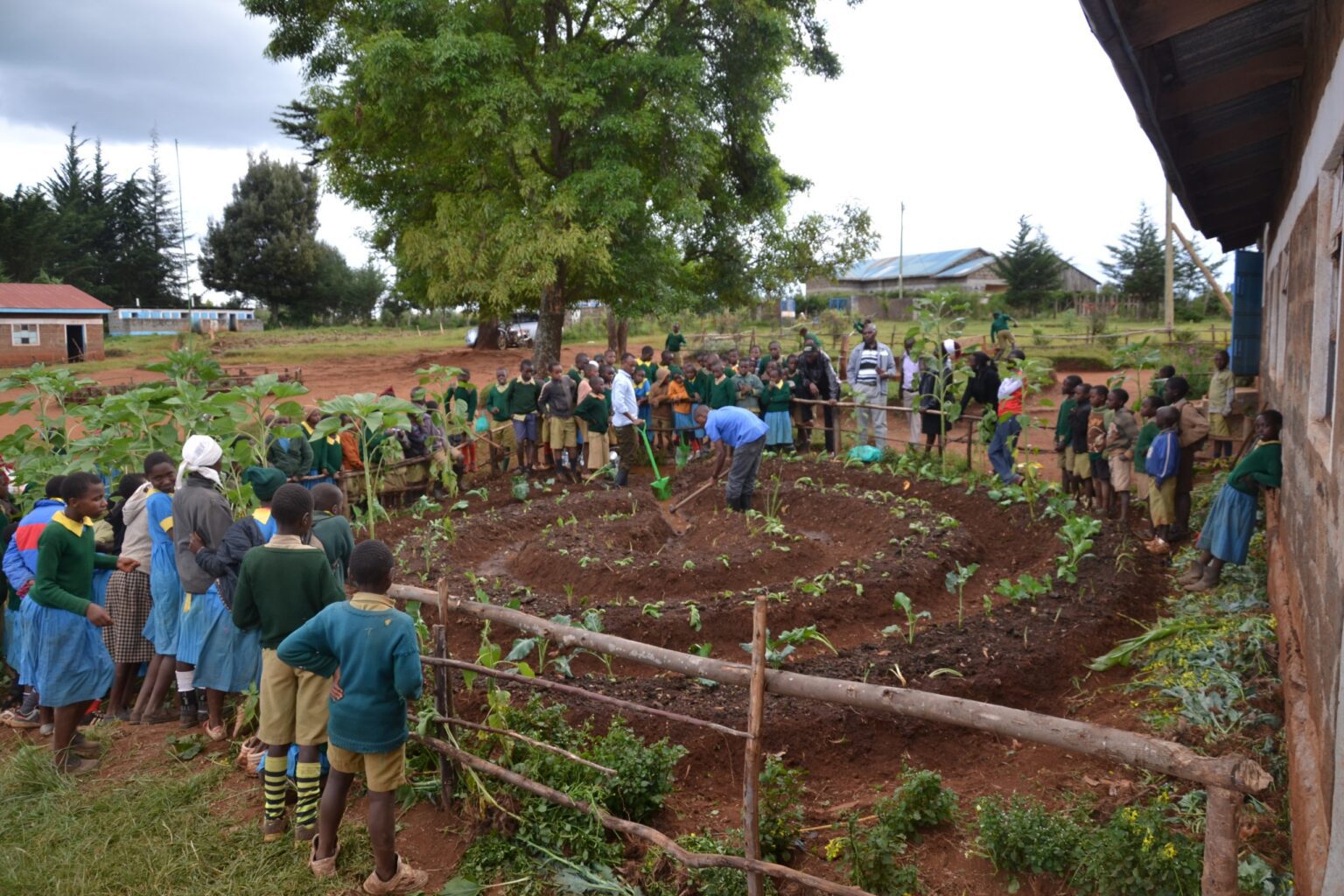A British actress and an humanitarian, Audren Hepburn, once said, ‘to plant a garden is to believe in tomorrow’. Nothing can be compared to the joy of checking in on your school garden and discovering your crops are growing beautifully’. A school garden may be defined as any garden where children are taught to care for flowers, for vegetables and sometimes, for fruits. It is quite unfortunate that this practice is no longer found in many elementary schools in Nigeria and even in some other countries. Watching your plants grow and produce food for you and your pupils brings a blissful sense of an accomplished feeling that should be passed down from generation to generation! Getting your kids involved in gardening is not old school or archaic, teaching them gardening is as much as important as teaching them how to feed on their own either by using fork or spoon or even knife. Hence, we must catch them young early into agriculture.
One thing that gardening gives children from time to time is how to put their activeness to good use and experience nature. Most kids, especially under five, and those between five and nine years of age, are usually hyper-active and easily learn what they see. With this, it is safe to say that even from their kindergarten day; gardening is a very powerful knowledge to instill in them the valuable life lesson of gardening. Beyond just learning science, children that learn garden develop a bit a self-sufficiency; a knowledge about where their food comes from, and patience. From their young age, they can measure how far apart to plant seeds, learn about the life cycle of plants, find out about how bacteria or other pests affect plants and so much more. This simply shows how education and nutrition work together to grow a responsible human being.
Having a garden is an extra teacher on its own – call it a life teacher that teaches the young ones, patience and careful watchfulness – putting their five senses to exercise. This is basically a social skill learning platform for them, right from a early stage. For instance, in a school garden setting, children can be exposed to important social skills, such as interpersonal, communication, anger control, and stress management. Thus, through group works on the school garden and farm, the pupils learn early, how to be socially responsible and work together in teams. Furthermore, having a school garden helps the children to learn that growth is inevitable.
Being an outdoor activity most times, little children can learn a lot during their gardening time, what seeds are, what make them grow into a plant, and the processes that go on underneath, even in the least of the language they can comprehend. The garden serves as a living laboratory for them, especially now that there are smart and soilless gardening tools. Hence, respect for the immediate environment begins at home, and also at school. The school grounds have elements of the natural environment, the built environment and the social environment such as earth, plants, trees, insects, animals, sun, shade, water supply and sanitation facilities, paths and fences, buildings and shelters; places for recreation and study, social life and contacts with the outside world for children’s awareness of these, and the way they learn to treat them, would greatly help them to grow up properly.
In an attempt to address the challenges of malnutrition and hunger, the Food and Agricultural Organisation (FAO) of the United Nations, also encourages schools to create learning gardens of moderate size, which can be easily managed by students, teachers and parents, but which include a variety of nutritious vegetables and fruits, as well as occasionally, some small-scale livestock such as chickens or rabbits. Indeed, it is said that, all work and not play makes Jack a dull boy and Jill, a dull girl. With the points earlier stated, it is quite obvious that there is an urgent need for the revival of school gardens in our primary and grade schools; not just for classroom learning, but for their healthy and emotional wellbeing.



